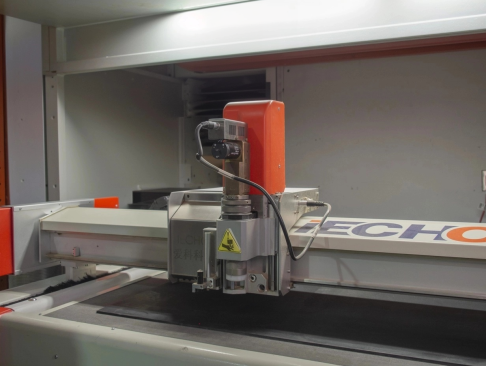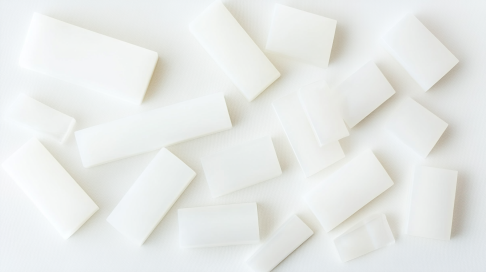Machining subcontractor for over 30 years!
NYLON, the versatile technical plastic

About NYLON
Nylon is a technical polymer known for its strength, lightness and wear resistance. It is commonly used in the manufacturing industry for producing mechanical components that require good impact resistance and low friction. Thanks to its excellent mechanical and thermal properties, it stands out as an efficient alternative to metals and other technical plastics.
Why choose 3D Coupe for your NYLON parts?
We have the expertise needed to machine nylon parts with high precision. Whether it is for gears, bearings or custom components, we guarantee solutions tailored to your industrial needs. Contact us to learn more!
Characteristics of NYLON
Mechanical Performance
- Excellent wear resistance: ideal for parts subjected to repeated friction.
- Good impact resistance: nylon absorbs impacts without cracking.
- High rigidity and strength: it allows for load-bearing use without excessive deformation.
Thermal Performance
- Withstands high temperatures: nylon can operate continuously up to 100°C without degradation.
- Good dimensional stability: low thermal expansion for precise parts.
Chemical Performance
- Good resistance to oils and hydrocarbons: nylon is suitable for demanding industrial environments.
- Low moisture absorption: this material retains its properties even in humid conditions.
Practicality
- Easy to machine: nylon allows for the production of precise and complex parts.
- Lightweight material: simplifies installation and reduces component weight.
Nylon Usage
Nylon is widely used in the manufacturing of gears, bearings, rollers, and structural parts that require high mechanical strength and low friction. It is valued for its versatility and durability in industrial environments.
FAQ and Comparisons
What is the difference between nylon and UHMW?
Nylon is stiffer and more resistant to high temperatures, while UHMW offers better impact resistance and even lower friction.
Is nylon compatible with food applications?
Some grades of nylon are approved for food contact, but it is important to check certifications for your specific application.
How does nylon compare to POM (Delrin)?
POM has better dimensional stability and lower moisture absorption, while nylon is more resistant to wear and impacts.
Can nylon replace metal in certain applications?
Yes, in many cases, nylon is used to replace metal parts in order to reduce weight, noise, and maintenance.
Is nylon resistant to chemicals?
It is resistant to oils and hydrocarbons, but some strong acids and solvents can damage it.
We are the experts in NYLON machining
Our specialized team ensures the design and machining of nylon parts tailored to your needs. Contact us now for a custom solution!

We drive our clients’ growth through smart, customized subcontracting partnerships.








